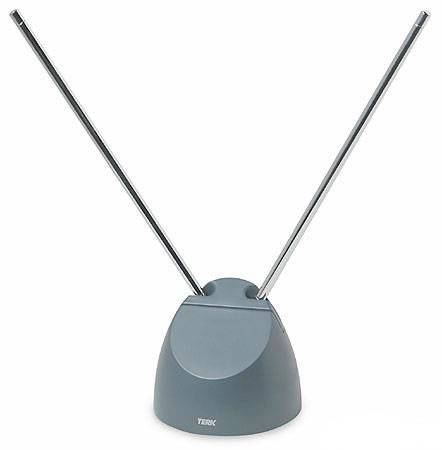
In the latest issues of Wired, Clive Thompson writes:
Books are the last bastion of the old business model—the only major medium that still hasn't embraced the digital age. Publishers and author advocates have generally refused to put books online for fear the content will be Napsterized. And you can understand their terror, because the publishing industry is in big financial trouble, rife with layoffs and restructurings. Literary pundits are fretting: Can books survive in this Facebooked, ADD, multichannel universe?
To which I reply: Sure they can. But only if publishers adopt Wark's perspective and provide new ways for people to encounter the written word. We need to stop thinking about the future of publishing and think instead about the future of reading.
Every other form of media that's gone digital has been transformed by its audience. Whenever a newspaper story or TV clip or blog post or white paper goes online, readers and viewers begin commenting about it on blogs, snipping their favorite sections, passing them along. The only reason the same thing doesn't happen to books is that they're locked into ink on paper.
Release them, and you release the crowd.
I hope every publisher in the world reads Thompson’s article and breaks out of the old, archaic ways of publishing and marketing books.
Most publishers still don’t get it. Sure, they’ll publish a chapter or two online. Maybe even make slick trailers to get some hype. But only one publisher that I’m aware of allows the entire content of their books to be published online. Publishing entire novels online and giving people a chance to share that content or hype it on social networking sites is, as far as I know, unheard of.
Yet there’s never been a better way to market books to people then the Internet. Posting an entire book online and providing a way for others to share or highlight portions of that content on Facebook, Myspace, Twitter, GoodReads, Shelfari, and other sites is a great way to build an audience and SELL books.
In an industry that suffering from cutbacks and lagging book sales, publishers worry about losing books sales if they post the content online.
Guess what? They won’t.
They’ll actually sell more books because more people will be exposed to it. I’m willing to bet they’ll even find a market for some of their books that they didn’t know existed before.
Writes Thompson:
You're far more likely to hear about a book if a friend has highlighted a couple brilliant sentences in a Facebook update—and if you hear about it, you're far more likely to buy it in print. Yes, in print: The few authors who have experimented with giving away digital copies (mostly in sci-fi) have found that they end up selling more print copies, because their books are discovered by more people.
Still publishers wring their hands when they think about posting the entire conents of their books online. "What about Napster?” they say. “It almost bankrupted the record industry.”
Here’s the dirty little secret of the free online music days: CD sales actually rose during the heyday of free digital music. That’s right. People bought more music because they had a chance to sample it first. Musicians who would have languished in obscurity suddenly found an audience because more people heard about it.
Instead of embracing the new technology and trying to find a way to share music and make money from it (like creating slick online stores where people could by songs and albums), the record companies sued the hell out of everyone they could think of. Instead Apple came in and filled the gap and turned their company around. Now Apple is raking in billions of dollars that could have gone straight to the record companies and musicians if they had embraced technology instead of fought it.
Right now publishers are in a unique position to develop technology that allows people to read books, share portions of the content on their websites or social networking sites, allow readers comments and feedback, and link to places where their books can be bought. Something akin to Google books, only on steroids.
And for the record, I have no problem taking my just completed novel and working with a publisher to post the entire contents online for people to read. As far as far as I’m concerned, it will not only help me sell more print copies but give me a chance to see who the book really resonates with. My guess is that, like my memoir, Room for Two, I’ll discover a completely underserved market that is hungry for its contents.
The challenge is finding a publisher who’s willing to be the vanguard and embrace the digital revolution that has consumed the rest of the world.




